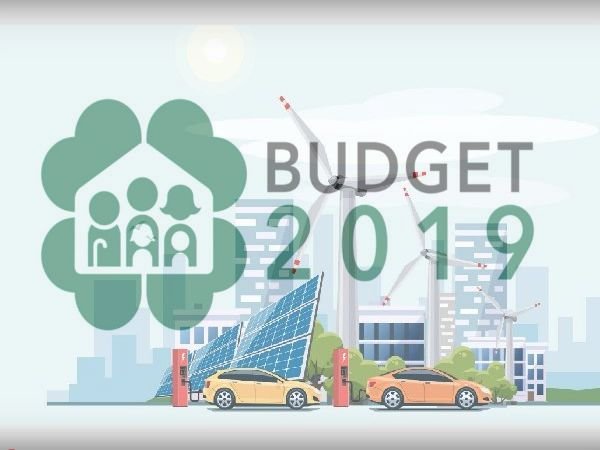This year’s budget shows a marked increase in the budgetary allocations for renewable energy sources.
The budget has an outlay of ₹9.20 billion for wind power, ₹30.05 billion for solar (both grid-connected and off-grid) and ₹5 billion for green energy corridor that aims at synchronizing electricity produced from renewable sources with conventional power stations in the grid.
The budget also underlines the relief that will be provided to solar manufacturers in India.
The minister stated that to boost economic growth and the Make in India program, the government will launch a program to invite global companies through a transparent competitive bidding process to set up mega-manufacturing plants in advanced technology areas such as semi-conductor fabrication (FAB), solar photovoltaic cells, lithium storage batteries, solar electric charging infrastructure, computer servers, and laptops.
The government plans to provide them investment-linked income tax exemptions under Section 35 AD of the Income Tax Act, among other indirect tax benefits.
In a significantly positive development for the mobility segment, the budget puts the impetus on electric vehicle (EV) adoption in India.
To make EVs affordable to consumers, the government will provide additional income tax deduction of ₹150,000 on the interest paid on loans taken to purchase EVs.
Moreover, in order to promote e-mobility, customs duty on certain parts of electric vehicles will also be exempted.
The budget is giving a clear policy direction to promote manufacturing through Make In India program, especially in the renewable energy and electric mobility sector.
Reference- Economic Times, Mercom India, PIB PR, Business Standard






